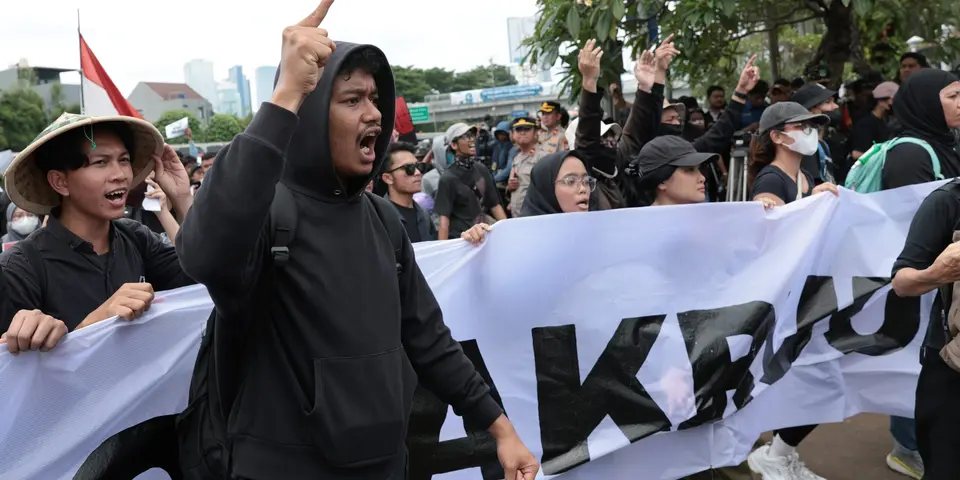
APHR Denounces Military Expansion in Indonesian Universities as a Grave Threat to Democracy and Academic Freedo
April 14, 2025

JAKARTA, April 14, 2025 — The ASEAN Parliamentarians for Human Rights (APHR) strongly opposes the introduction of mandatory state defense education (Pendidikan Bela Negara) for university students and the expansion of military involvement in civilian affairs under the revised TNI Law. These policies threaten to militarize academic institutions, suppress dissent, and undermine Indonesia’s democratic progress.
The revised TNI Law grants the military broader authority over civilian life, including involvement in universities. Meanwhile, the Pendidikan Bela Negara program, presented as a patriotic initiative, risks becoming a tool for instilling obedience rather than fostering critical thinking. Together, these measures pave the way for deeper military intrusion into civilian spaces, silencing independent thought and political activism.
“Allowing the military onto campuses under the guise of national defense education is a dangerous regression that stifles academic freedom and democratic discourse,” said Arlene Brosas, APHR Board Member and Member of the House of Representatives of the Philippines. “This echoes authoritarian-era tactics designed to suppress student activism and political dissent.”
For decades, student movements in Indonesia have been at the forefront of democratic reforms, challenging repressive regimes and advocating for civil liberties. These proposed policies threaten to intimidate student activists, restrict free expression, and create an atmosphere of fear within educational institutions.
“The Indonesian government should invest in education that nurtures independent thought, not militarization,” said Rangsiman Rome, APHR Board Member and Member of the House of Representatives of Thailand. “Universities should be spaces for free debate and intellectual growth, not extensions of the security apparatus.”
“Academic institutions must remain free from coercion, intimidation, and state control,” added Mercy Chriesty Barends, APHR Chairperson and Member of the House of Representatives of Indonesia. “Forcing students into military-linked education risks turning national defense into a tool for indoctrination rather than genuine civic engagement.”
APHR calls on the Indonesian government and parliament to immediately reject these repressive measures and protect academic freedom from military interference. We urge civil society, students, and educators to resist these efforts to control university spaces.
If these policies proceed, they will mark a severe rollback of Indonesia’s democratic gains, reinforcing a climate of fear and state control that has no place in a free society.#
ASEAN Parliamentarians for Human Rights (APHR) was founded in June 2013 with the objective of promoting democracy and human rights across Southeast Asia. Our founding members include many of the region's most progressive Members of Parliament (MPs), with a proven track record of human rights advocacy work.